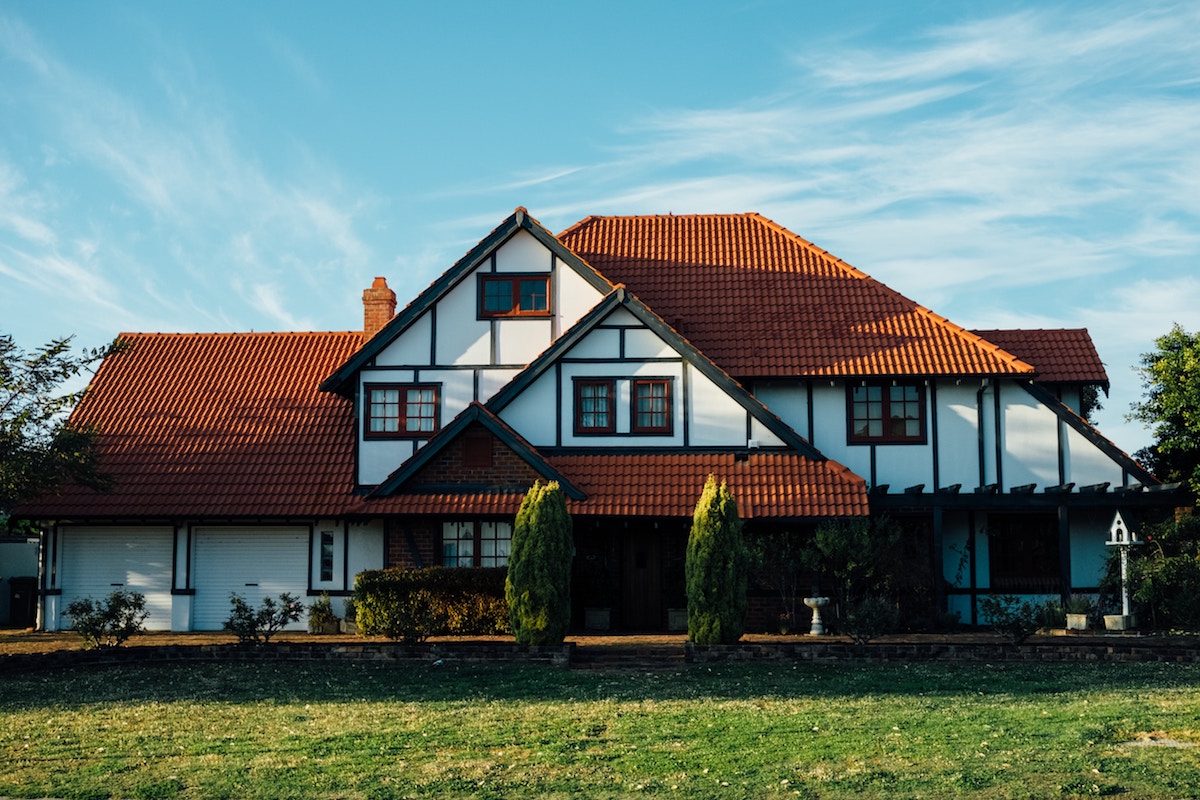The Impact of Home Ownership in Retirement: Two Important Things to Consider
There’s no such thing as a money tree, right?
If there was, retirement planning would certainly be much easier.
If you’re one of the lucky ones, though – a retiree with substantial equity in your home – you’ve already got the next best thing to that money tree. The only question is, when and how should you cash in on it?
Retirement planning, in general, involves a very personal decision-making process. This is certainly true when you’re considering anything to do with your home. It is likely the biggest purchase you’ve ever made, it may represent an important goal you’ve accomplished, and it allows you to feel a sense of security in an ever-changing world. For all these reasons, it’s a complicated decision to transform all or part of this asset into retirement capital.
The biggest questions you need to answer are: Where do you plan to live in retirement? Do you want to stay in the home you own, living mortgage-free? Are you planning to downsize? Maybe you want to begin renting in order to avoid all the time and effort that comes with maintaining a home? Regardless of which direction you are leaning, here are two important things to consider:
You’ve Got Options
If you purchased your house many years ago, chances are good that it has seriously increased in value since that time. This is even true after recent declines in the housing market. When you consider the current market value of your home, you may find that selling could yield you a generous sum that you could invest elsewhere.
Many people are worried about paying taxes on the capital gains realized from selling their main home, but current tax law actually allows homeowners to sell their main homes and exclude gains of up to $250,000 for an individual or $500,000 for a couple. In general, to qualify for the Section 121 exclusion, you must meet both the ownership test and the use test. You're eligible for the exclusion if you have owned and used your home as your main home for a period aggregating at least two years out of the five years prior to its date of sale. You can meet the ownership and use tests during different 2-year periods. However, you must meet both tests during the 5-year period ending on the date of the sale. Generally, you're not eligible for the exclusion if you excluded the gain from the sale of another home during the two-year period prior to the sale of your home.
So, one smart option could be to sell, downsize and invest the remainder in a way that will generate income – possibly even enough to cover your new mortgage payment into perpetuity.
If you prefer to live a retirement free of the hassles that come with owning and maintaining a home, even a smaller one, you could sell your home, invest the gains and begin renting. There are more expenses associated with owning your home than just mortgage payments, consider regular expenses such as insurance, property taxes, lawn care, association fees, snow removal, maintenance and repairs as you compare the total costs of owning a home to renting. However, it’s important to remember that rent isn’t typically as stable as a mortgage payment. In fact, rent payments often increase every year. If you plan ahead for these expected increases, though, you can live a very comfortable retirement while renting.
If selling isn’t in your plans, there’s nothing wrong with choosing to stay where you are, living in a home you own outright with no mortgage payments to contend with. If this type of financial security is important to you, just remember that you could also sell, buy a smaller home with cash so you still own outright and invest the leftover money in your portfolio that could supplement your retirement income.
You Can Use Your House Like a Piggy Bank
If you want to keep the home you’re in and simply cash in your equity, you have two basic options: a Home Equity Line of Credit (HELOC) or a Reverse Mortgage.
A HELOC is a great option if you need cash fast, say, for an emergency like unexpected medical bills. This type of loan allows you to use the equity in your home to access a large sum of cash quickly. However, it’s important to know that this type of loan must be repaid with interest, and payments will begin immediately. It can be a great tool in particular circumstances, but you won’t want to rely on a HELOC for monthly income, as an over-reliance on loan money could be a slippery slope toward foreclosure.
A Reverse Mortgage, on the other hand, can be used for monthly income if you are aged 62 or older. This loan type allows you to use the equity in your home to get a one-time cash payment or monthly installments. It can be for a fixed period of time, or for life. The greatest benefit of this type of loan is that it doesn’t have to be repaid until you die or decide to sell the home. Even better, your repayment obligation will always remain limited to the amount you borrowed, even if the home declines in value over time. So, you’ll never owe more than the home is worth.
Owning your home as you enter retirement means you have an incredible asset at your fingertips. However, making decisions about how to utilize this asset can be confusing. Just remember that you have multiple options available to you as you examine possible retirement scenarios. If you have questions or would like the guidance of a professional, a fiduciary financial advisor can be a useful tool in retirement decision-making.

